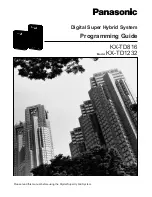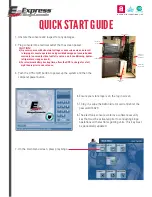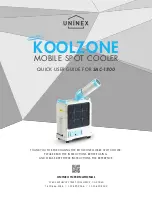
22
visor from the locked position it is sufficient to operate as described above, exerting slight pressure during the initial phase of movement until
the position is unlocked in direction (X) for opening and direction (Y) for closing.
When driving the visor must be kept in the locked positions (final or intermediate).
7.2 Disassembly
see figure 7.2
To disassemble the visor remove the internal cheek pads as described in point 6.1.
Then lower [see Fig. 9/10] the visor in direction (X) until it reaches a fully open position, using the relevant grip point.
Once completely open it is necessary to surpass the limit lock (B) by exerting firm pressure in direction (X) until it rotates past the lock itself.
This can be seen with the upper visor edge exceeding the upper helmet edge.
Once rotation has been completed past the locking point it is sufficient to apply some force (Z) to both sides until the small lever (C) is completely
disengaged from the mechanism (D), and then remove the visor.
7.3 Assembly
To ensure optimum operation of the visor rotation system make sure all elements (pins and housings on the helmet) are scrupulously clean before
assembling the visor.
With the internal protective cheek pads detached position the visor such that the flap (C) is inserted into the cone-shaped groove (D) on the
mechanism fitted into the polystyrene. Then exert pressure in direction (W) until it is completely attached to the internal mechanism. Correct
insertion can be detected with a click.
Repeat this operation on the other side.
Once both flaps have been inserted into their respective mechanisms turn the visor in direction (Y) to overcome the slight force determined by
the teeth of the limit switch (B) until it is inserted completely.
Then reassemble the protective shields as outlined in point 6.2.
Once completely assembled check the visor is securely fixed to the helmet, that it rotates freely, and locks correctly in the locked
position.
Should these conditions not be satisfied and the rotation mechanism does not operate correctly do not use the helmet.
ENG
USE and MAINTENANCE
















































